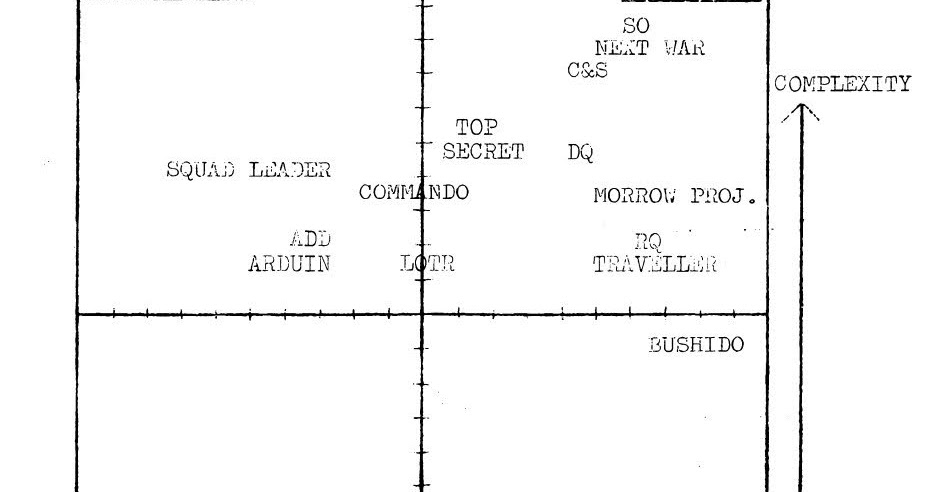Yes, that is why the Starter Set exists. But it still doesn't help
that much. Like can you be expected to just bust out D&D one evening like it's Cluedo or Monopoly, and just figure it out with friends in an evening? The rules for those games fit on a placemat.
There are a bunch of fairly small problems that are all things that need to be overcome:
- It's $30 and, though it does contain dice, you're looking at $180. Yes, you can just get the $30 Starter Kit, but the end goal if things go well is to pay another $150 at least.
- You still have a 30 page rulebook to ingest. This is still not a small amount of game rules to learn.
- You know you're getting a very small subset of the game. Like $30 for just a demo. You have to be because those booklets are so small. The thing is, how do you know you're not just buying a really small part of the game? That is, how do you know if it's a horizontal cross section slice of the game instead of a vertical segment of a much larger game? With some complex board games you often have multiple ways to play them.
- You don't know how well written the game is. How many times have you read an RPG and gotten through it and thought, even with your experience, that you have absolutely no idea how you'd actually run the game you've just read? That's one of the common criticisms I've seen about Blades in the Dark, Mage, Wraith, Exalted, and so on. Or how often have you started an RPG only to find that the book is so horribly organized that it is only useful as a manual of rules and not as a technical reference during actual play? What if you buy the book expecting Savage Worlds and you actually get Phoenix Command?
But the biggest problem is still there:
You still don't know what actually playing the game looks like. There's no board. There's no pieces. There's no setup. You sit at a table with a sheet of paper and a pencil. There's monsters and characters and several players and one referee, but there's no actual instructions of how to
play. Compare it to Magic: The Gathering. You take your deck, shuffle it up, place it to the right or left of the play area, draw 7 cards, etc. There are turns, and a fixed setup, and an order of play. For as complex a game as Magic is, it's still structured like a traditional game. And Magic got a huge boost in popularity with Arena because there was a digital version that knows the rules. There's a tutorial that can walk through. It shows you how to play it and what to expect and when you can do things. D&D didn't have
any of that until there were actual plays.
Further, you never know what you're going to get with planned scenarios in a game like the starter set. I remember a friend and I found his dad's copy of the Avalon Hill Starship Troopers war game. We tried playing it, and it took us about an hour to puzzle through the rules, an hour to get one game set up, and about 15 minutes into play to realize that the scenario was so grossly one-sided that it was almost certain victory for one side. The game scenarios had modeled the battles in the book, and it favored that over a balanced confrontation. It was as close to a fixed game as I've seen. We tried a later scenario, and it was the same way with the other side winning. There were no rules that I recall for creating your own scenarios.

 playingattheworld.blogspot.com
playingattheworld.blogspot.com



